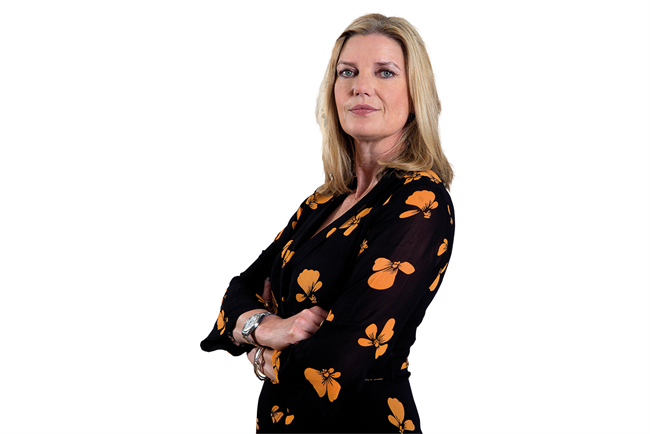
‘News is something that someone, somewhere doesn’t want published.’ Don’t we just know it? US President Donald Trump has an obsession with fake news – or rather, any news that he doesn’t like – describing journalists as "enemies of the people". Luckily this has only served to shine a light on the importance of factbased, independent journalism from transparent, accountable sources.
There’s a growing understanding that if you manufacture and disseminate fiction [in the guise of news] you will undermine democracy. You don’t need me to outline the dangers of fake news and detrimental impact of echo chambers. Anyone reading this will be aware that key information and challenging viewpoints can be lost in an algorithmically driven filter bubble, but are we forgetting the bigger issue? The one about the long-term future and sustainability of quality journalism.
Technology is progressive, inspiring and revolutionary (or at least it can be). It is well documented that the internet has transformed our industry, not least newspapers. It has enabled us to find new ways of getting, telling and sharing stories. It has opened us up for more challenge and debate than ever before, and given publishers huge global reach.
But the reality is that digital has changed business models for news organisations. Facebook and Google are swallowing digital advertising; they are making billions from our valuable content. They’ve become the world’s biggest publishers without writing a word.
Online change has a real-world impact
The founding principle of the World Wide Web was to share information and it soon became hailed as a means to open up society, connect people, share knowledge, host debate and challenge opinions. It was for you, me, all of us. But, 30 years on, the digital behemoths have taken hold and created an unregulated landscape with very real ramifications beyond the bounds of ‘online’.
Now we have to consider the question: what will we be left with if newspapers and other original content creators don’t receive the revenue that is rightfully theirs? There will be precious few quality environments in which to advertise, or meaningful relationships to tap into. But far beyond that, what will be the outcome for society?
A free and functioning press is the linchpin of democracy. Without it, who will hold power to account, shine a light in dark places, question, uncover and reveal? Journalism is a craft of reporting: recording things, peeling away at evidence, accumulating facts, probing, winning trust, verifying information, giving context. A free press is part of a much larger right of free expression.
In the UK, our national newspapers are richly disparate. They have distinctive personalities and evoke strong emotions – some good, some bad. Newspapers inform and challenge our views, whether on Brexit, Boris or Bake Off . They are read by millions, available widely and publicly. The Prime Minister reads them, TV news pores over them, Twitter regurgitates them.
They have earned trust and influence over a long time – and that is hugely valuable in today’s world. But quality journalism requires investment, time and security – and not forgetting emotional, human integrity. A free press is a vital, coherent and independent force in society. It also gives advertisers a quality context in which to advertise – as do our friends in TV, radio and magazines. But it is not endless: it cannot continue to exist without proper investment.
We all know this to be true. We need to consider the consequences more realistically; when we go about our daily lives and invest, plan and promote. We are all responsible for the future of our media landscape. Now is the time to act.
Thinking ahead
• Use three words to sum up the next 50 years of advertising…
Quality journalism matters.
• One thing we should stop doing/one thing we should start doing…
Stop ignoring context/start measuring the right things.
• If I could pass one thing on to the next generation, it would be…
Always keep in mind a diversity of views – not everyone is like you.
• Businesses that survive the next 50 years will…
Keep customers at the heart of what they do.


